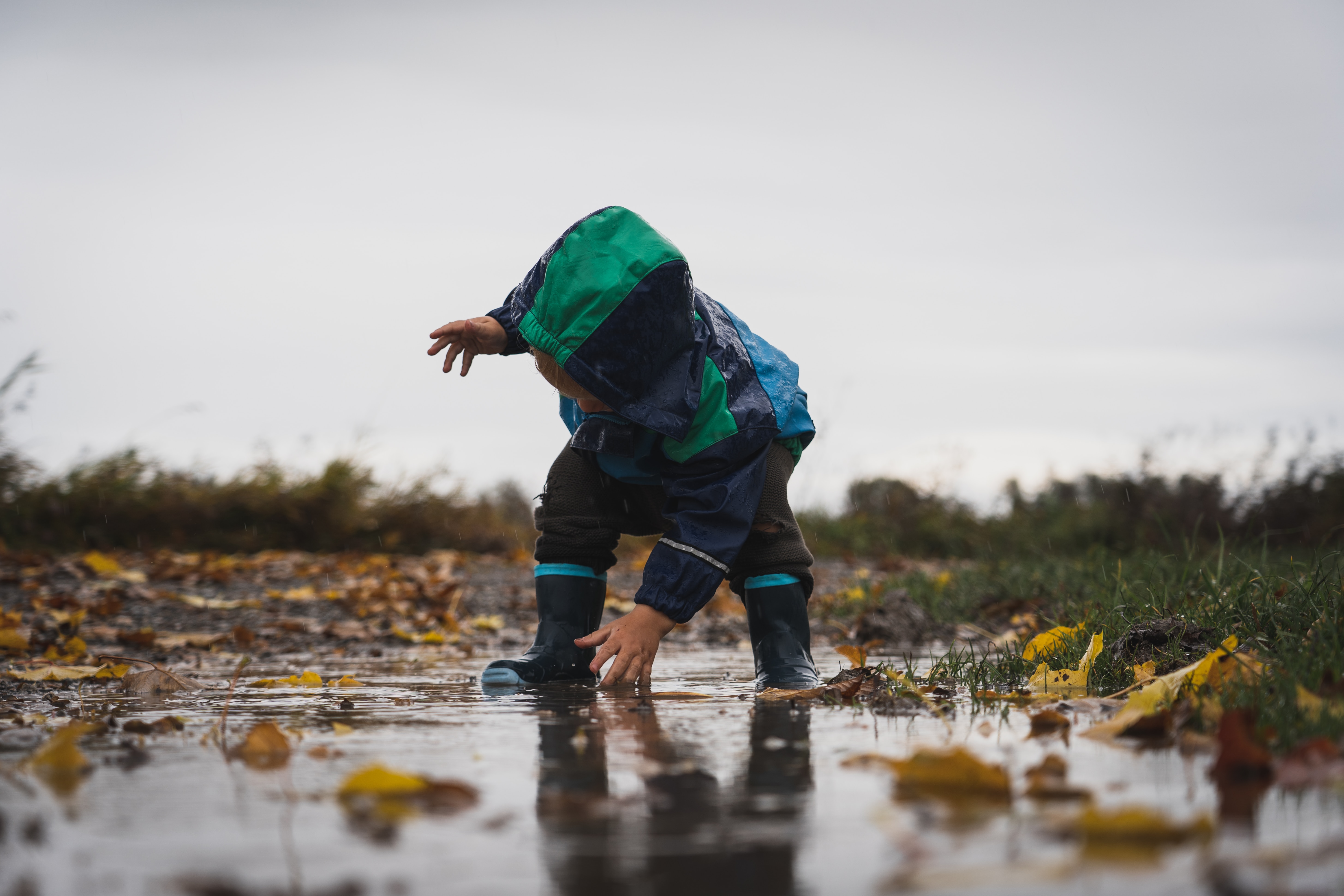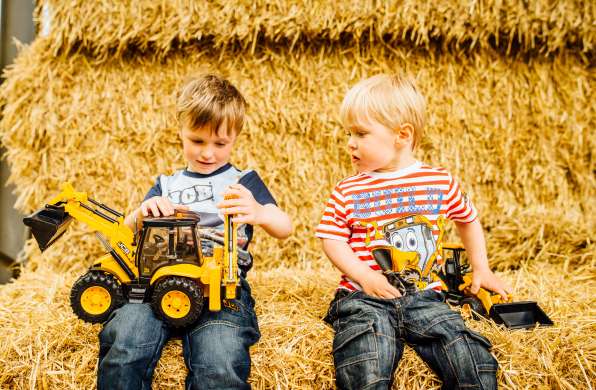Outdoor play is an essential part of childhood development, fostering physical, emotional, and
cognitive growth. For children with special educational needs, the benefits of outdoor play are
just as important, if not more so.
This blog post explores outdoor play activities that are not only suitable for children with
special educational needs but also tailored to their specific requirements. These activities are designed to be inclusive, sensory-rich, and engaging, catering to a range of abilities while ensuring the safety and enjoyment of every child involved.
Sensory Gardens
One fantastic outdoor play activity for children with special educational needs is the creation of
sensory gardens. Sensory gardens are specially designed spaces that engage children’s
senses – sight, touch, smell, sound, and even taste.
These gardens can include a variety of plants with different textures and scents, wind chimes,
and water features. The sensory experience offered by these gardens can be particularly
beneficial for children with autism or sensory processing disorders, helping them feel more
comfortable and relaxed in an outdoor environment.
Inclusive Playground Equipment
Many parks and playgrounds now offer inclusive equipment designed to accommodate children
with various disabilities. These accessible structures include ramps, swings with back support, and sensory play panels. Inclusive playgrounds promote social interaction, physical activity, and sensory exploration, allowing all children to play together without barriers.
Water Play
Water play is universally loved by children, and it can be especially beneficial for those with
special educational needs. Activities such as water tables, splash pads, and shallow pools
provide sensory stimulation and encourage fine and gross motor skills development.
Ensure that any water play area is supervised, and safety measures are in place to
accommodate children with mobility challenges.
Nature Scavenger Hunts
Nature scavenger hunts are a fun and educational outdoor activity for children of all abilities.
Create a list of items for the kids to find, such as leaves, rocks, flowers, or specific colours.
This activity encourages children to explore their environment, fosters cognitive development,
and can be easily tailored to accommodate various abilities and interests.
Adaptive Sports and Games
Adaptive sports and games are another great way to engage children with special educational
needs in outdoor play. These activities can be modified to suit different abilities.
For example, you can play a game of adapted basketball using lower hoops or use larger, softer
balls for games of catch. Such activities promote physical fitness, social interaction, and
teamwork.
Sensory Trails
Sensory trails are designed paths that incorporate various sensory elements, such as textured
surfaces, wind chimes, and scented plants. These trails are ideal for children with special
educational needs as they provide a structured yet sensory-rich outdoor experience.
Sensory trails can be found in some parks or can be created in your own garden with some
planning and creativity.
Outdoor Constructive Play
Constructive play often involves building and creating with various materials. In an outdoor
setting, children can use natural materials like sticks, rocks, leaves, and pine cones to construct
structures, sculptures, or imaginative play spaces.
This activity promotes creativity, problem-solving, and fine motor skills development while
connecting children with nature.
Adapting Activities and Ensuring Safety
When planning outdoor play activities for children with special educational needs, it’s crucial to
adapt activities to suit individual abilities. Be patient, offer support as needed, and ensure that
the environment is safe for all participants. Here are some tips to keep in mind:
● Communication: Understand each child’s needs and preferences by communicating
with their caregivers or teachers. This will help tailor activities to their abilities and
interests.
● Supervision: Always supervise outdoor play to ensure safety and provide assistance
when necessary.
● Safety Measures: Install safety features, such as handrails, ramps, or cushioned
surfaces, to make the outdoor space more accessible and safe for children with
mobility challenges.
● Inclusivity: Encourage inclusivity by creating a welcoming and accepting atmosphere
where all children can participate comfortably.
Outdoor play is a valuable part of childhood. By incorporating inclusive and sensory-rich
outdoor activities, you can provide children with a stimulating and enjoyable experience while
promoting their development and well-being.
Remember to adapt activities as needed and prioritise safety to ensure that every child can
fully enjoy the benefits of outdoor play.




